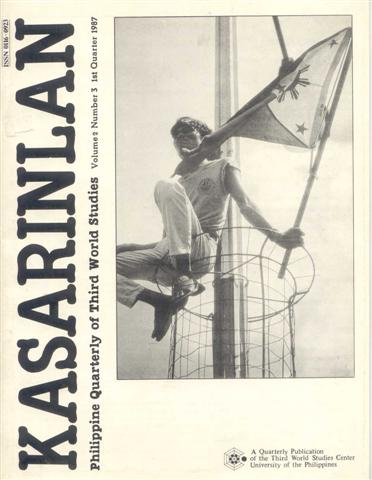The Viability of Social Democracy as a Political Ideology in the Philippines
Abstract
The social democracy movement in the Philippines which began in the 1960s was initially reformist – upon realizing the futility of reformist efforts, the movement shifted to a new form of struggle in the 1970s and became firmly established with the imposition of martial law. Filipino social democracy does not aspire to establish a welfare state nor an attempt to appropriate the Revisionist ideology that made impact in the social movements in Europe. Social democracy in the Philippines, with its emphasis on economic democracy, is aimed at reducing economic inequalities insofar as these constitute the fundamental source of poverty and social inequality as well as political elitism. The viability of social democracy in the Philippines would depend on several factors. Social democracy thrives on the active advocacy of its own program by mass-based people’s organizations but would need an appropriate party form that can mobilize mass support for social democracy and could carry the struggle to socialism. Also, the bourgeois and middle classes together with foreign capital are potential opposition to social democracy.
Published
2007-11-28
Issue
Section
Features
Keywords
social democracy; class struggles; Philippine social democracy; economic democracy
By submitting a manuscript, the authors agree that the exclusive rights to reproduce and distribute the article have been given to the Third World Studies Center.



